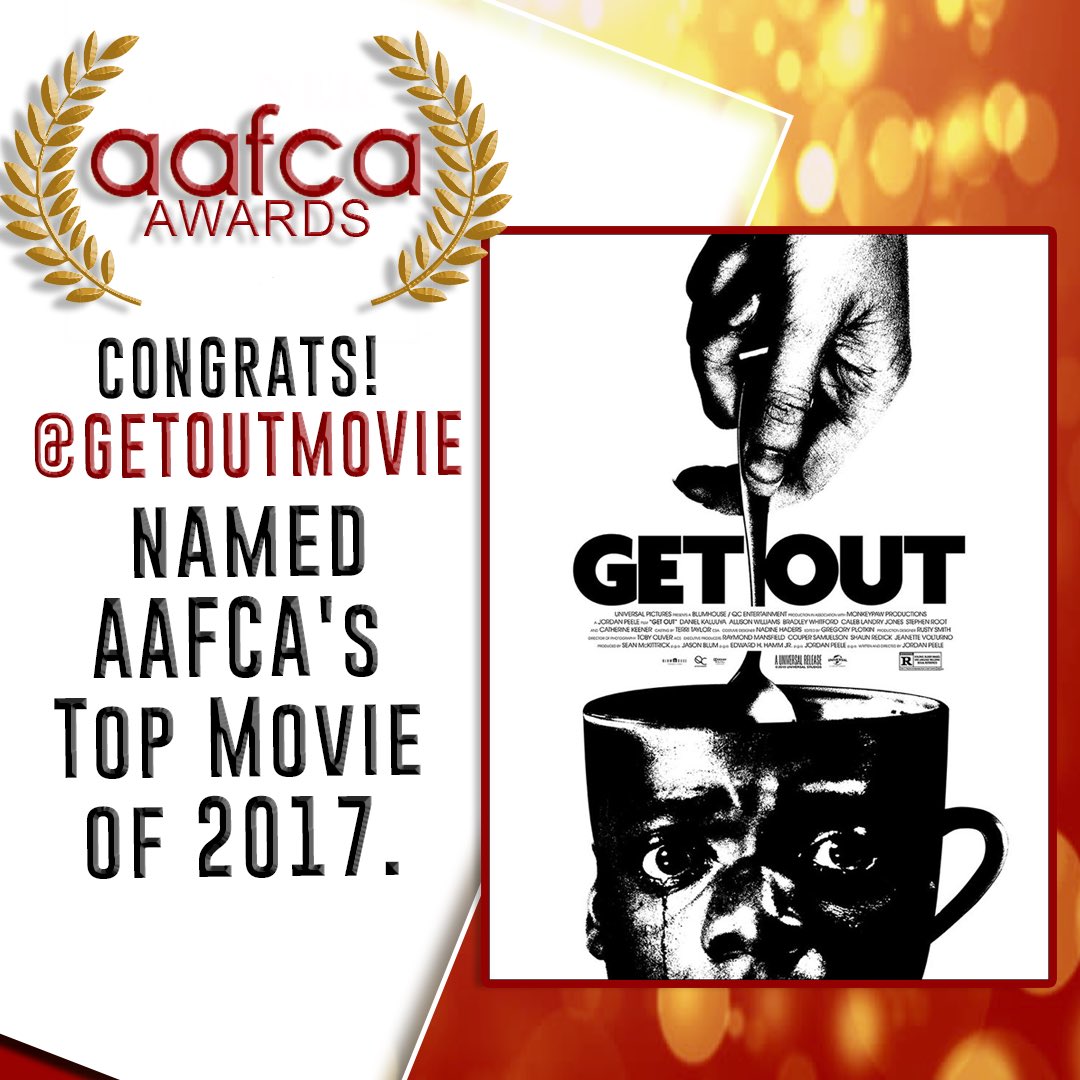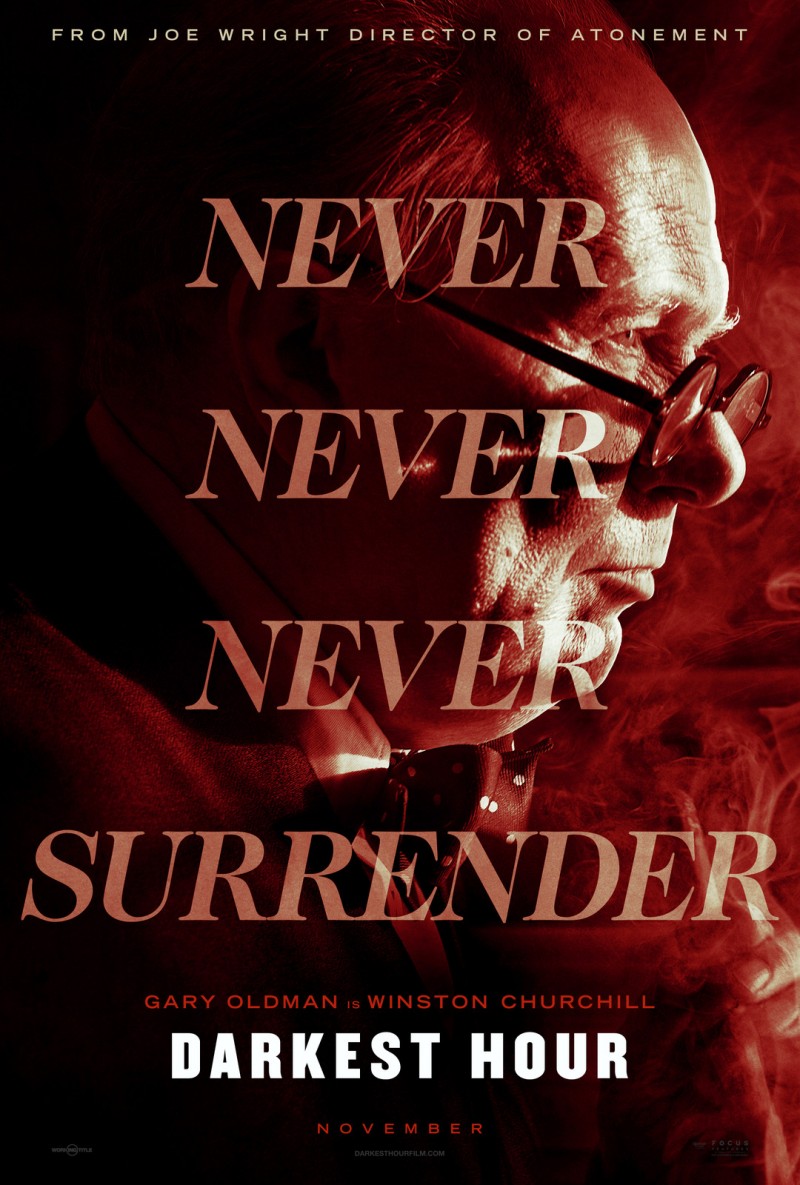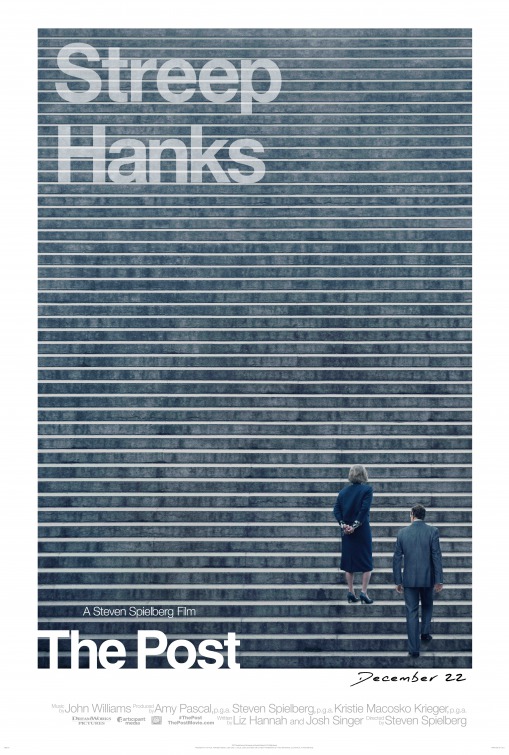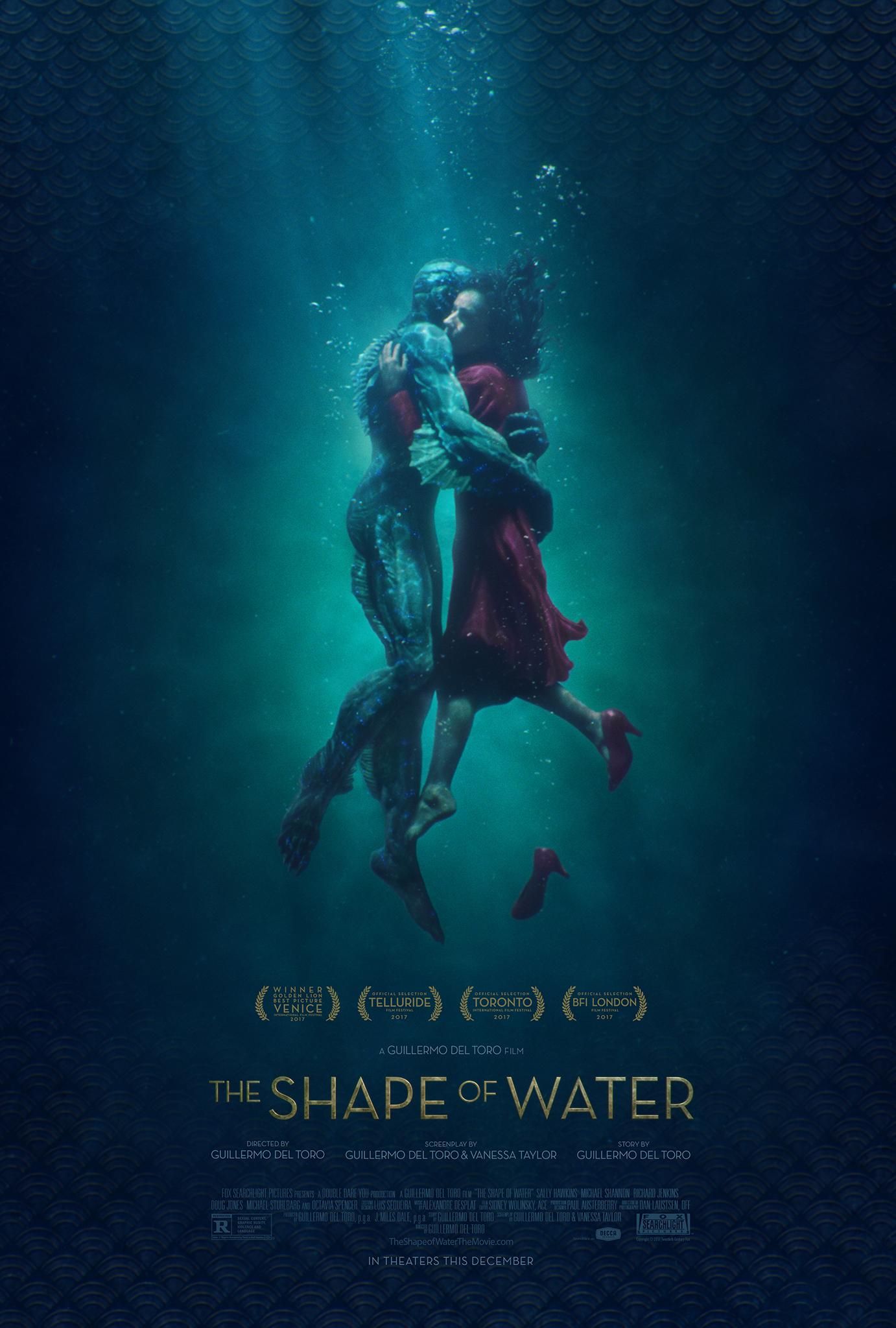
Earlier this week the African American Film Critics Association announced their 2017 award winners in film and tv and I've gotta say, it's one of the most satisfying lists they've produced since I became a member a few years ago. Some of my personal faves include Daniel Kaluuya for Best Actor, Tiffany Haddish for Best Supporting Actress and Queen Sugar for Best TV Show. Check out all our winners below:
BEST PICTURE: GET OUT (Universal Pictures)
BEST DIRECTOR: JORDAN PEELE – GET OUT (Universal Pictures)
BEST ACTOR: DANIEL KALUUYA – GET OUT (Universal Pictures)
BEST ACTRESS: FRANCES McDORMAND – THREE BILLBOARDS OUTSIDE EBBING MISSOURI (Fox Searchlight)
BEST SUPPORTING ACTOR: LAURENCE FISHBURNE – LAST FLAG FLYING (Amazon Studios/Lionsgate)
BEST SUPPORTING ACTRESS: TIFFANY HADDISH – GIRLS TRIP (Universal Pictures)
BEST COMEDY: GIRLS TRIP (Universal Pictures)
BEST ENSEMBLE: DETROIT (Annapurna Pictures)
BEST INDEPENDENT: CROWN HEIGHTS (Amazon Studios/IFC Films)
BEST ANIMATED: COCO (Disney/Pixar)
BEST DOCUMENTARY: STEP (Fox Searchlight)
BEST FOREIGN: THE WOUND (Kino Lorber)
BEST SCREENPLAY: GET OUT (Universal Pictures)
BEST SONG: “IT AINT FAIR” — DETROIT – THE ROOTS featuring BILAL (Motown Records)
BEST NEW MEDIA: MUDBOUND (Netflix)
BEST TV SERIES (COMEDY): BLACKISH (ABC)
BEST TV SERIES (DRAMA): QUEEN SUGAR (OWN)
BREAKOUT: LAKEITH STANFIELD – CROWN HEIGHTS (Amazon Studios/IFC Films)
AAFCA TOP 10 FILM – 2017
GET OUT (Universal Pictures)
THREE BILLBOARDS OUTSIDE EBBING MISSOURI (Fox Searchlight)
COCO (Disney/Pixar)
GIRLS TRIP (Universal Pictures)
DETROIT (Annapurna Pictures)
CALL ME BY YOUR NAME (Sony Pictures Classics)
THE SHAPE OF WATER (Fox Searchlight)
GOOK (Samuel Goldwyn Films)
CROWN HEIGHTS (Amazon Studios/IFC Films)
MARSHALL (Open Road Films)
AAFCA TOP 10 TV – 2017
QUEEN SUGAR: Season 2 (OWN)
UNDERGROUND: Season 2 (WGN)
INSECURE: Season 2 (HBO)
MASTER OF NONE: Season 2 (Netflix)
BLACK-ISH: Season 4 (ABC)
THE HANDMAID’S TALE: Season 1 (Hulu)
DEAR WHITE PEOPLE: Season 1 (Netflix)
SHE’S GOTTA HAVE IT: Season 1 (Netflix)
THE DEFIANT ONES (HBO)
TIE: GUERILLA/SNOWFALL: Season 1 (Showtime/FX)





































